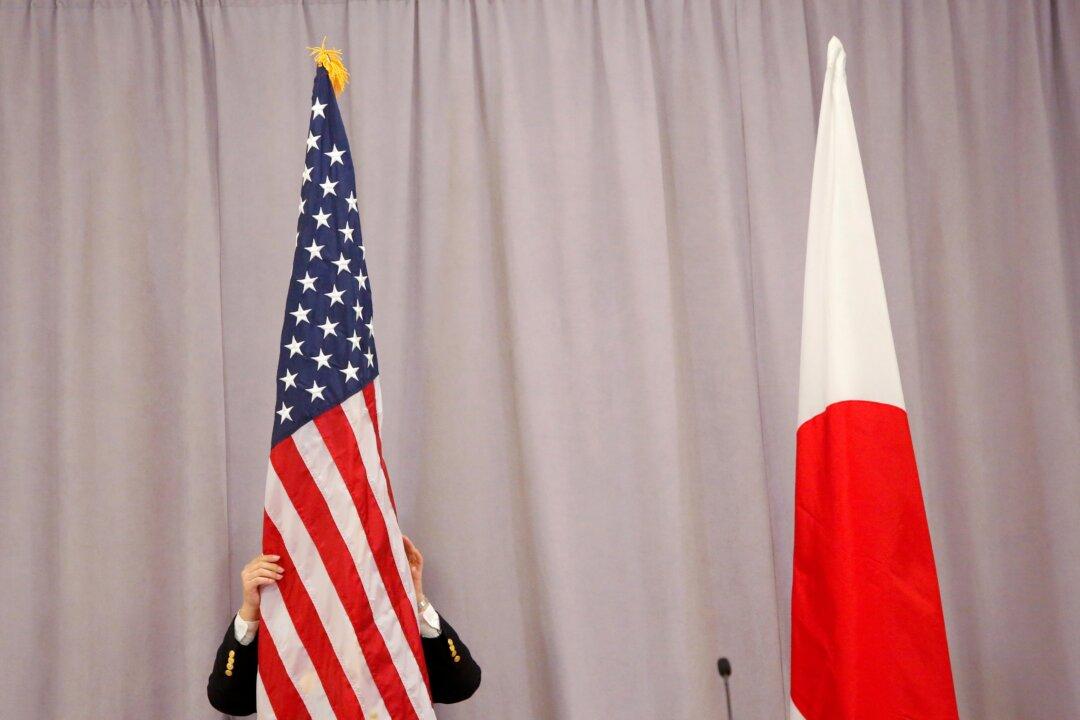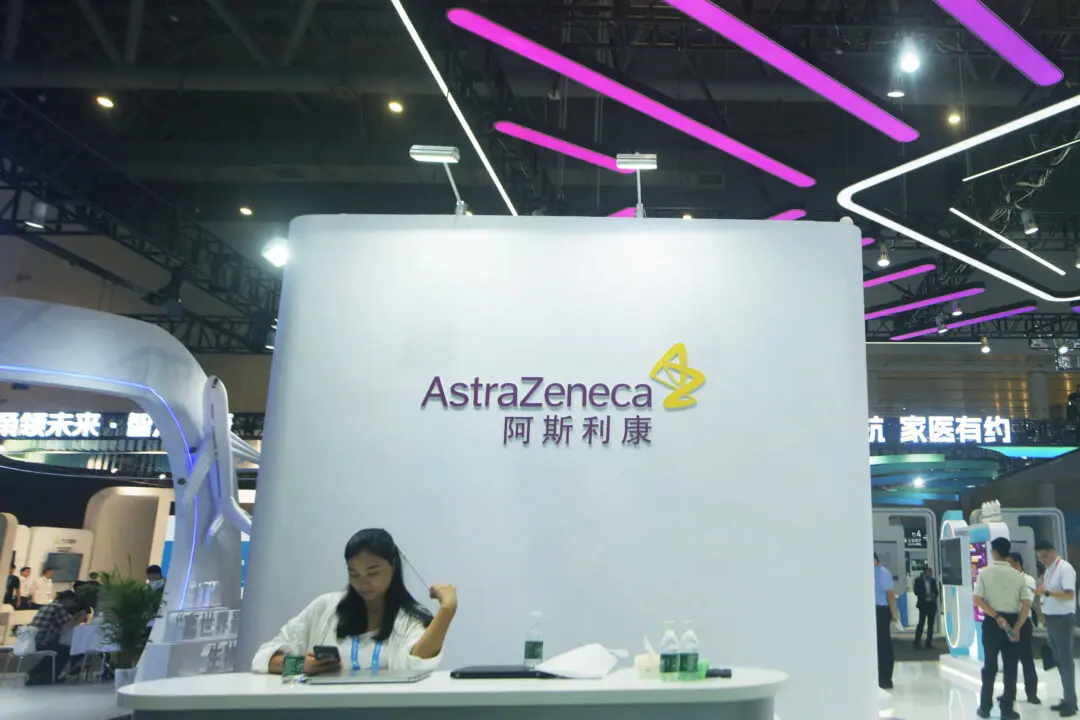TOKYO/WASHINGTON—Japanese Prime Minister Yoshihide Suga and U.S. President Joe Biden will highlight Tokyo’s central role in Washington’s strategy to counter the challenge of an increasingly aggressive Chinese regime at a summit on Friday.
While that emphasis on Japan’s key status will be welcome in Tokyo, where some politicians are pushing for a tougher stance towards Beijing, it also raises questions about how far Tokyo can go to meet demands on regional defense and human rights.





